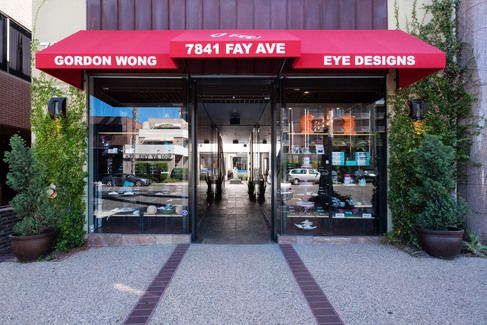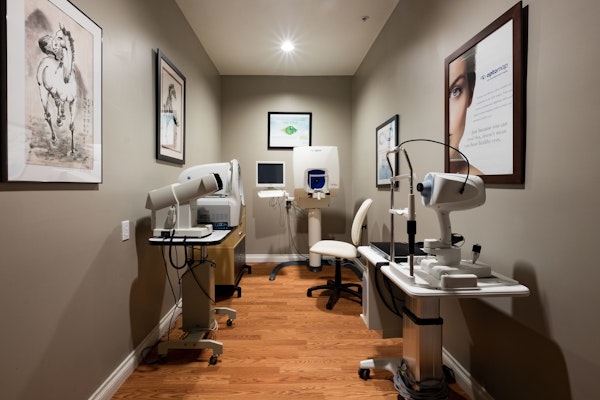Bifocal Contact Lenses: What Patients Should Know
 The team at GW Eye Associates Inc has achieved excellent results when it comes to vision correction. We've helped countless patients in and around San Diego see better, using advanced diagnostic tools and common sense solutions.
The team at GW Eye Associates Inc has achieved excellent results when it comes to vision correction. We've helped countless patients in and around San Diego see better, using advanced diagnostic tools and common sense solutions.
Many patients at our practice have questions about different types of contact lenses used to address their vision problems. With that in mind we'd like to consider bifocal contact lenses, a potential treatment for presbyopia.
Understanding Presbyopia
Presbyopia is a type of farsightedness that is associated with the natural aging process. As a person gets older, the natural lenses of the eyes become less flexible, making it difficult to see objects that are nearby. Typically the condition starts when a person is in his or her mid-40s.
Traditionally bifocal glasses were the go-to treatment option for presbyopia, but now bifocal contact lenses are available.
About Bifocal Contact Lenses
Bifocal contacts are contact lenses that are specially designed to meet the vision needs of people who experience presbyopia. By wearing bifocal contacts, patients will experience results comparable to wearing regular a pair of bifocals, though without thee frames. This means restored vision for distant as well as nearby objects.
How Bifocal Contact Lenses Work
Bifocal contacts provide two different prescriptions in a single lens, allowing wearers to read and see objects that are at a distance as well without major hassle. The contact lenses are divided into different powers for proper vision.
There are two types of bifocal lenses, generally: alternating focus and simultaneous focus.
Also known as segmented or translating contact lenses, alternating focus contact mean that the pupil will alternate between the near and distance vision portions of the contact lens for proper vision.
With "simultaneous vision" contact lenses (sometimes known as concentric focus), both near and distance vision powers are looked through at the same time, though your eyes learn to select the correct focusing power depending on the situation.
The Pros and Cons of Bifocal Contact Lenses
Some of the benefits of bifocal contact lenses include:
- No need to wear glasses
- Good vision quality for near and distance vision
- Comparable results to bifocal glasses
As far as the drawbacks of bifocal contacts, patients should consider the following:
- Depth perception may be affected
- Eyestrain is a common complaint
- It can take some time for your eyes to get use to bifocal contacts
How Effective Are Bifocal Contact Lenses?
Bifocal contact lenses are quite effective at improving overall vision quality, achieving results that are on par with traditional bifocals. Many patients who get bifocal contacts get used to them and are able to enjoy their days without any issues.
Considering All of Your Options for Expert Eye Care Results
While many patients enjoy the results achieved by bifocal contact lenses, there are other options to consider. Multifocal contacts can also achieve excellent results for some patients who are looking to avoid the need for actual glasses. In addition, surgical treatments like the use of intraocular lenses (IOLs) or monovision LASIK can prove very effective as well.
During a consultation, we will be sure to go over all of your options for advanced eye care so you can see clearly again.
Speak with the Team at GW Eye Associates Inc
For more information about bifocal contact lenses, prescription glasses, and other matters related to your vision and eye health, be sure to contact our eye care specialists today. The team at GW Eye Associates Inc looks forward to your visit and helping you make the best decisions possible about your eyes.









